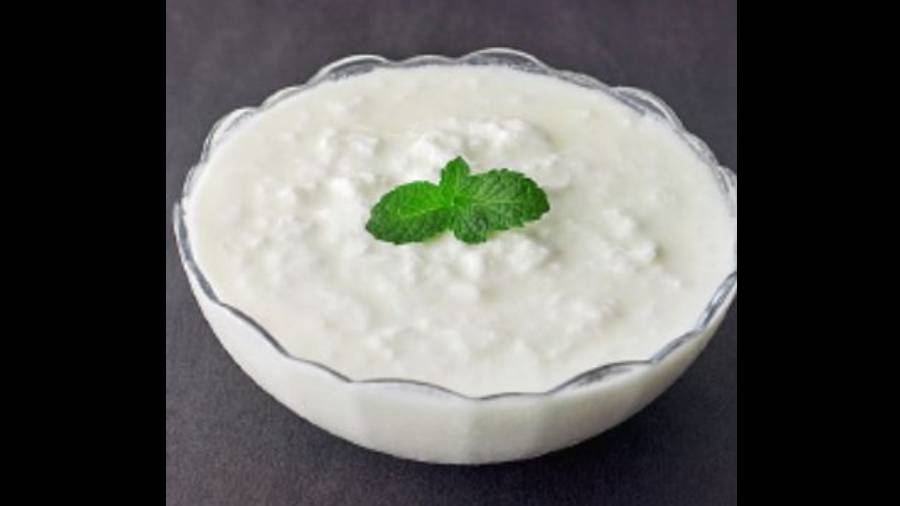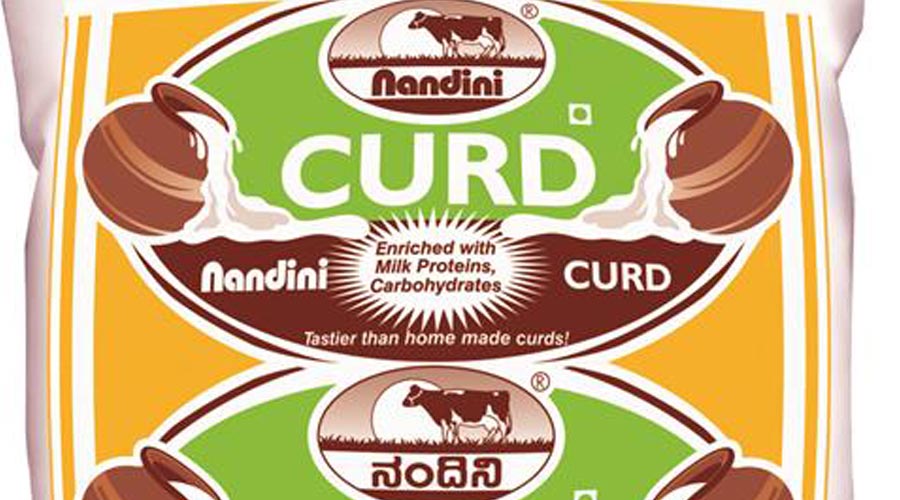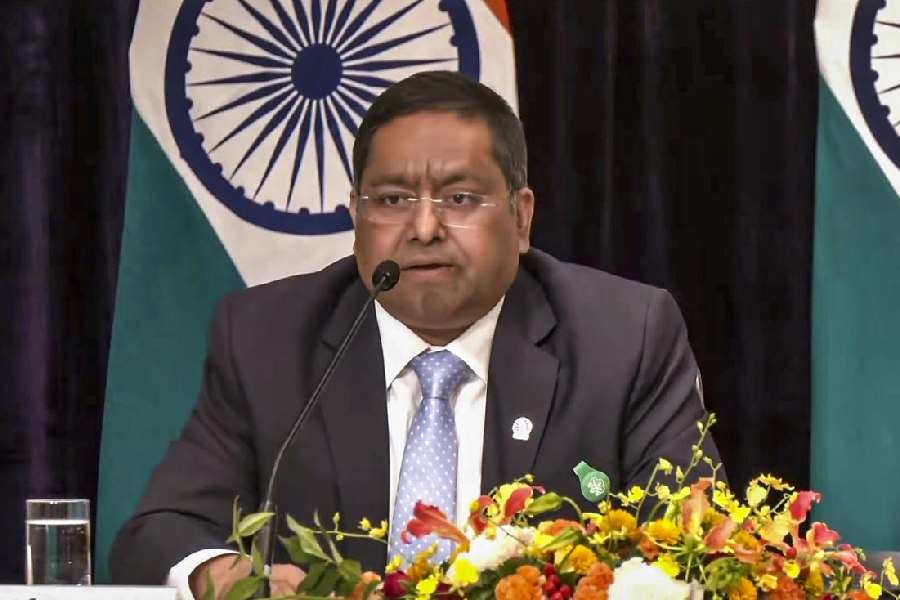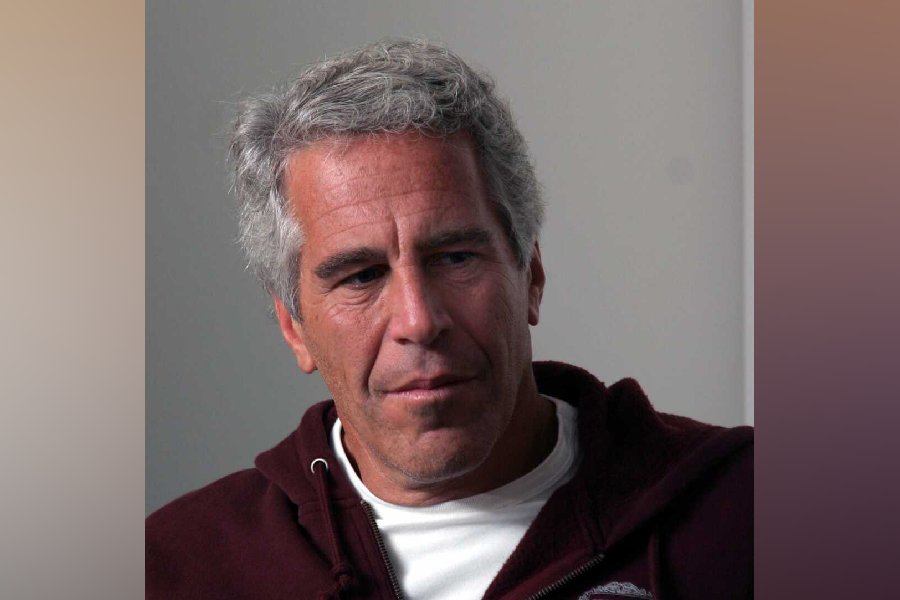The central food safety authority on Thursday withdrew a circular that had ordered dairies in two southern states to label curd as “dahi”, after furious protests broke out against “Hindi imposition” in the run-up to the May 10 Assembly elections in Karnataka.
The Food Safety and Standards Authority of India had on March 10 ordered three milk cooperatives and a private company in Karnataka and Tamil Nadu to label curd as “dahi”. It said the state language equivalent — the Kannada “mosaru” and Tamil “thayir” — could be placed in brackets.
As a storm of protests broke out in both states, on Thursday evening — a day after Assembly election dates were announced for Karnataka — the FSSAI reversed the order.
It said that FBOs (food business operators) can now use the term “curd” along with any other regional equivalent in brackets on the label.
In other words, “mosaru” and “thayir” would still have to be in brackets, with “dahi” replaced with “curd” as the primary label.
Many pro-Kannada activists said the revised order had fallen short of their expectations.
“This is a game in which they take four steps forward and, if opposed, take three steps back. Why should we have ‘Curd’ (Mosaru) in our state? Why not ‘Mosaru’ (Curd)?” tweeted a Kannada activist, Anand G.
Arun Javagal, organising secretary of the Karnataka Rakshana Vedike who had threatened a “massive agitation” against the original circular, welcomed the revised order but added: “Why not just leave it the way it was earlier? Why put the Kannada equivalent in brackets?”
Earlier, the labels displayed “mosaru” prominently with “curd” printed in smaller letters.
The March 10 order had come at a time pro-Kannada organisations were protesting against the increasing usage of Hindi labels on packed food grains with little or no description in the state language or even in English. For example, “dal” and “atta” packets do not carry the English or Kannada equivalents in many supermarkets in Bangalore.
Karnataka’s ruling BJP had tried to play down the March 10 circular but pro-Kannada organisations and Opposition leaders protested angrily.
Former chief minister H.D. Kumaraswamy of the Janata Dal Secular on Thursday condemned the “imposition of Hindi”, speaking hours before the FSSAI climbdown.
He alleged a “conspiracy” by the Centre to merge state-owned dairies such as the Karnataka Cooperative Milk Producers Federation Ltd (KMF), whose Nandini brand is hugely popular, with Gujarat’s Amul.
Tamil Nadu chief minister M.K. Stalin said he would ignore the FSSAI order while Tamil Nadu BJP president K. Annamalai wrote to FSSAI chairperson Rajesh Bhushan asking that the order be withdrawn.
“The unabashed insistences of #HindiImposition have come to the extent of directing us to label even a curd packet in Hindi, relegating Tamil & Kannada in our own states. Such brazen disregard to our mother tongues will make sure those responsible are banished from South forever,” Stalin tweeted on Wednesday.
By Thursday evening, a day after Assembly election dates were announced for Karnataka, the FSSAI had reversed the order.
“As many representations were received recently on the omission of the term ‘curd’… it has been decided that FBOs may use the term ‘curd’ along with any other designation (prevalent regional common name) in brackets on the label,” the FSSAI said.
Javagal said the “dahi” controversy had emphasised the importance of the battle against “Hindi imposition”.
“They are bent on imposing Hindi, how much we may resist, in a clear sign that they don’t believe in democracy and federalism. These orders seem to be their way of pushing the envelope to test the limits of our patience,” he said. “But we will not give up this fight.”
Javagal said the previous Congress governments at the Centre were the architects of Hindi imposition.
Language has been an emotive issue in Karnataka. The state government had in February passed the Kannada Language Comprehensive Development Bill, 2022, giving primacy to the state language in signage and product labelling, among others, and reserving higher-education seats for Kannada-medium students.
This was seen as a placatory move after widespread protests against the state BJP government’s overzealous organisation of Hindi Divas events. Another sore point with pro-Kannada activists was that the banners at Union home minister Amit Shah’s events in Bangalore in recent years have featured only Hindi text.
A visit by Shah, who is also the Union minister for cooperation, to the KMF’s Nandini facility here last August had given rise to the first suspicions about a possible merger with Amul, which Kumaraswamy referred to on Thursday.











